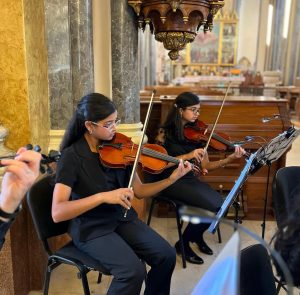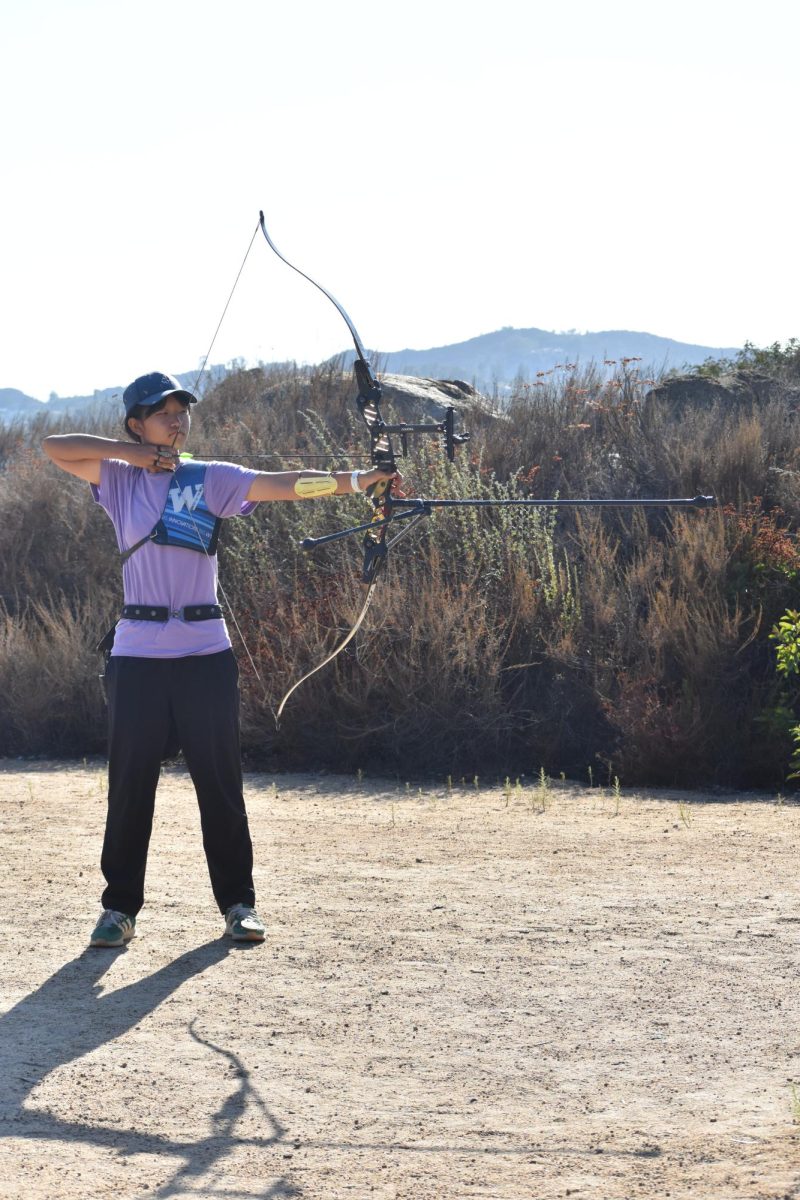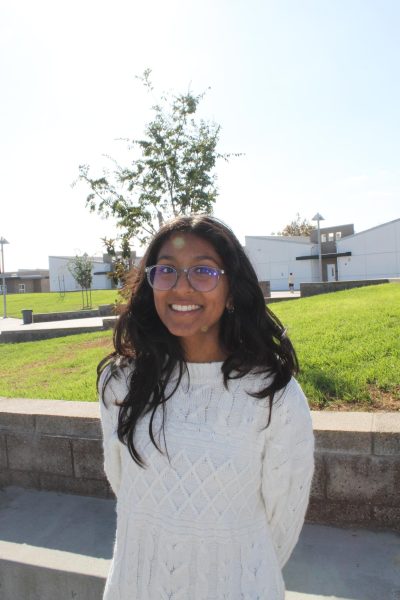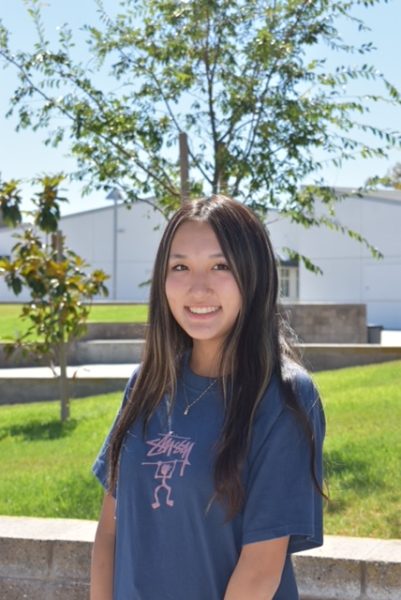
Siddhi Bhavsar (10) and Riddhi Bhavsar (10) traveled through Salzburg, Austria, performing classical music with the Poway Symphonette for the International Cantus Music and Cultural Festival, July 4-5. From the Salzburg Cathedral to the Mozarteum Concert Hall, the twin violinists performed on glossy and elevated flooring, aside corinthian-like pillars, and below string-crystal chandeliers.
As members of the Poway Symphonette, Siddhi and Riddhi joined together with Salzburg choirs to deliver their performances. The twins played “Song of Peace” with their symphonette and alongside the other choir members who collaborated to create, what Riddhi called, “an unforgettable musical atmosphere.”
“Being able to connect with [the orchestra] on stage, producing that kind of music, without a practice session [with the choir performing besides us], created a totally different environment,” Riddhi said. “It transformed that hall for just those couple of minutes. I can’t even explain it.”
Through the Salzburg trip, the twins said they were able to create stronger bonds with their ensemble.
“On the tour, we were all together on one bus touring through Austria,” Siddhi said. “We spent a lot of time with each other and got really close by playing group games, like Heads Up on the bus and having a lot of time bonding through music. We got to bond with the others in a way that rehearsals would never let us.”
Through their opportunity to perform in Austria, both Siddhi and Riddhi said that they were grateful for the way the music allowed them to create a community. From all their hard work, they were able to get to the biggest stage they have performed on thus far.
“I’m most grateful about getting to see such culture outside of the United States and being able to see the concert halls and get to play on such a large stage as the Mozartheum that we played in,” Riddhi said.
Through music, Riddhi and Siddhi said they have formed a deeper connection with their ancestry and were able to share their culture with others.
“Music connects [us] to our culture because even though we live in America, we can value our culture by leading and sharing Hindustani classical music,” Riddhi said. “Traditional music is one of the few ways that we can stay connected to our culture and roots. We also [met] a composer and he found it interesting about the instruments that we chose, and he very much took it to heart, and said that he might want to showcase these instruments in some of the music that he composes.”
Both sisters began their musical career by singing traditional Indian songs, capturing their interest in music.
“Singing Hindustani music from a young age really sparked that musicality in both of us,” Siddhi said. “It is on the more complicated types of music, with no set sheet music for each song or concert.”
Learning Hindustani classical music helped the twins become more connected to their heritage as well as delve into the world of traditional western music.
“After that, learning the theory of western music was much easier, which helped us get into the violin and viola.” Riddhi said.
Through their culture, they were able to understand the role that music has in their lives, and how they continue to be inspired to share their performances with the world.
“Music connects to our culture because, even though we live in America, we can value our culture by leading and sharing Hindustani classical music. It lets us connect with others and share parts of our culture.” Riddhi said. “[It’s] much nicer in the sense that you get to connect with others while you’re also doing something that you really love.”



![Valen Miao (9) [front] paddles in a dragon boat for Chinese Youth Dragon Boat, Sept. 13. Miao has been racing for one year.](https://wvnexus.org/wp-content/uploads/2025/09/Dragon-Boat-1200x491.jpg)



Amit Amberker • Sep 19, 2025 at 10:30 pm
So proud of my nieces Siddhi and Riddhi for performing in Salzburg at just 10 years old! A wonderful blend of Talent, Culture, and Passion. ✨
Kranti • Sep 19, 2025 at 9:02 pm
Proud of you both, Riddhi and Siddhi.
Congratulations to both of you on this achievement.
May this love of music always fill your lives, and everyone surrounding you both with joy.